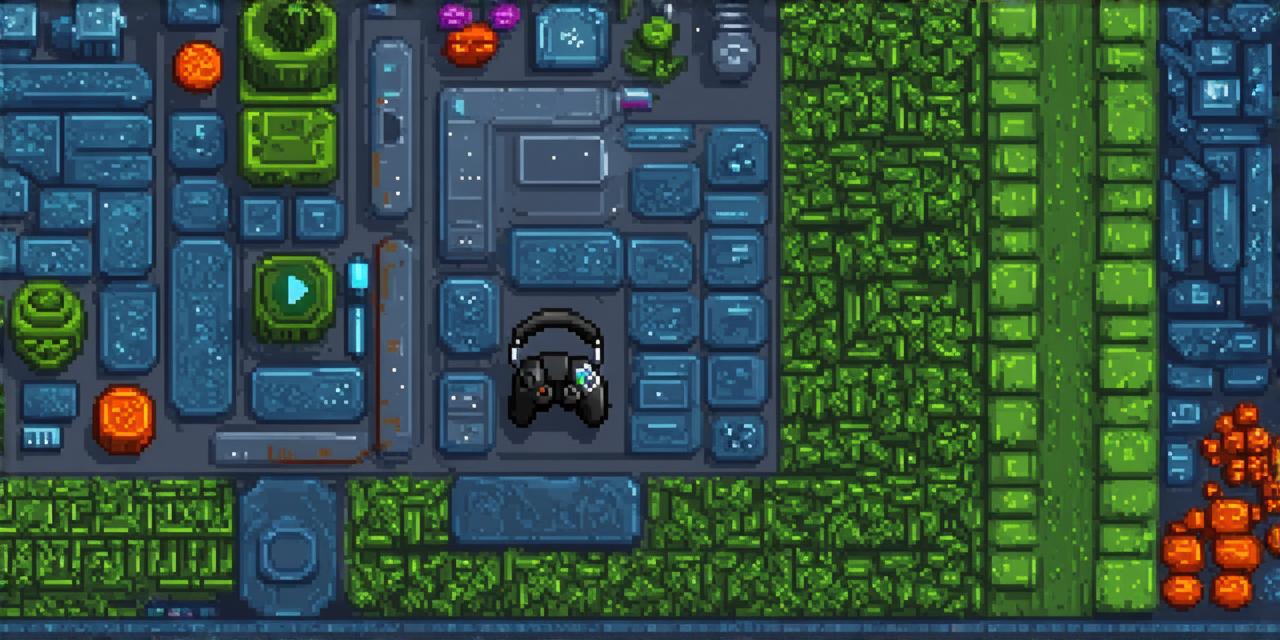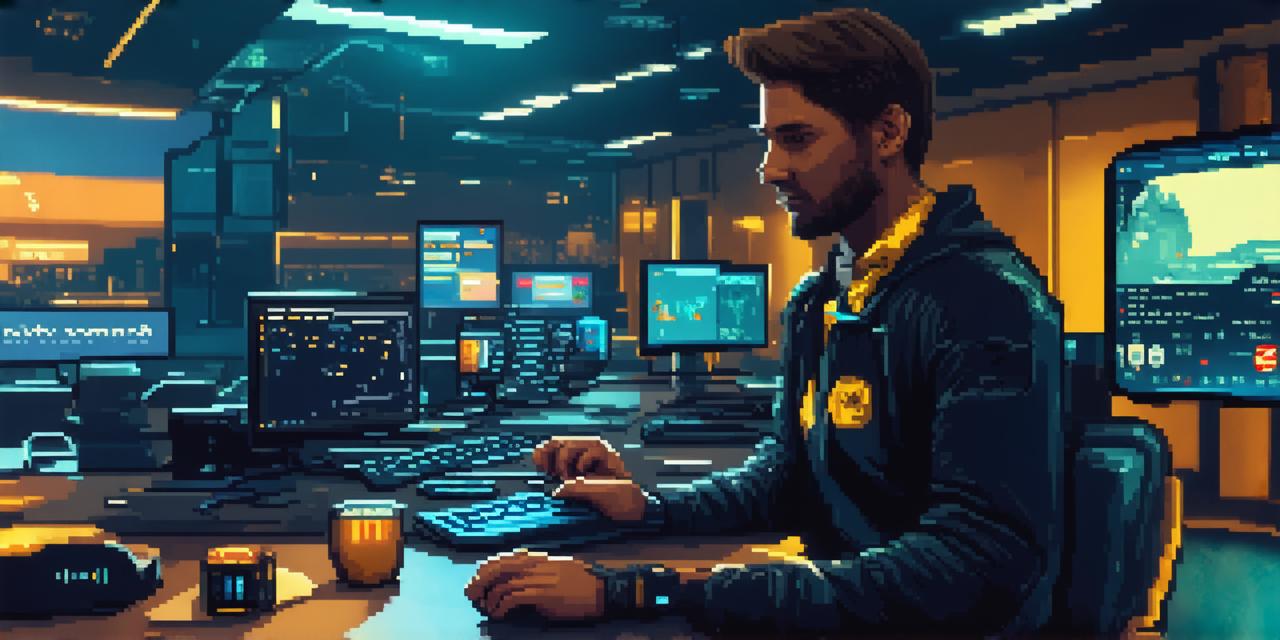Introduction
The video game development industry is a rapidly growing and evolving field that offers a wide range of exciting career opportunities. From game design to programming, there are numerous roles available for individuals with different skills and interests. In this comprehensive guide, we will explore the various jobs in video game development and provide insights into how to succeed in this competitive industry.
Game Design

Game design is the process of creating the concept, rules, story, characters, environment, and overall experience of a game. Game designers are responsible for brainstorming ideas, creating prototypes, and testing and refining the final product. They may work in various settings, including video game studios, independent development teams, and publishing companies.
To become a successful game designer, individuals need to have strong creative skills, technical knowledge, and the ability to communicate their ideas effectively. Some of the essential skills required for this role include problem-solving, critical thinking, attention to detail, and collaboration. Additionally, game designers need to be familiar with various programming languages, such as C++, C, and Python, as well as game engines like Unity and Unreal Engine.
Programming
Video games require complex programming to function correctly. Programmers in the video game industry are responsible for writing code that controls characters’ movements, handles user input, and manages various aspects of the game world. They may work on different types of games, such as action, adventure, strategy, or simulation games.
To excel in this field, programmers need to have a strong understanding of computer science principles, programming languages like C++, C, and Python, and game engines like Unity and Unreal Engine. They also need to be proficient in debugging, testing, and optimizing code to ensure smooth gameplay.
Art and Animation
The art and animation department is responsible for creating the visual elements of a game, such as characters, backgrounds, and effects. Artists and animators may work on 2D or 3D graphics, depending on the type of game they are working on. They must have strong artistic skills and knowledge of software like Adobe Photoshop, Illustrator, and Maya.
To succeed in this field, artists and animators need to have a passion for creating art and a willingness to learn new techniques and technologies. They should also be able to work well in a team environment and communicate effectively with designers, programmers, and other members of the development team.
Production and Management
The production and management department is responsible for overseeing the entire video game development process, from conceptualization to release. They manage budgets, timelines, and resources, ensuring that the project stays on track and within budget. Production managers must have strong leadership skills, technical knowledge, and the ability to work under pressure.
To become a successful production manager, individuals need to have experience in project management, preferably in the video game industry. They should also be familiar with various software tools used in game development, such as Trello, Asana, and Jira. Additionally, they should be able to build and maintain relationships with team members, stakeholders, and clients.
Marketing and Sales
The marketing and sales department is responsible for promoting the game to potential players and distributors. They create marketing campaigns, develop pricing strategies, and negotiate contracts with retailers and publishers. Marketers in the video game industry must have strong communication skills, creativity, and the ability to analyze data and market trends.
To succeed in this field, marketers need to have experience in advertising, public relations, and sales. They should also be familiar with various marketing channels used in the gaming industry, such as social media, influencer marketing, and content marketing. Additionally, they should be able to work well under pressure and meet deadlines.
Case Studies
One of the best ways to understand the video game development industry is by looking at real-life examples. Here are a few case studies that illustrate the different roles and skills required for success in this field:
-
Game Designer
-
Programmer
-
Artist
-
Production Manager
-
Marketer
A game designer named John worked on a popular puzzle game called “Brainy.” He was responsible for creating the game’s concept, rules, and overall experience. John had to work closely with programmers and artists to ensure that the game was technically sound and visually appealing. He also had to test the game extensively to fix bugs and improve gameplay.
A programmer named Sarah worked on an action game called “Battle Royale.” She wrote code for characters’ movements, user input, and game world management. Sarah had to collaborate with designers and other programmers to ensure that the game was stable and optimized for different platforms. She also had to debug and test her code thoroughly to fix issues and improve performance.
An artist named Emily worked on a fantasy RPG called “Epic Quest.” She created characters, backgrounds, and effects using software like Maya and Photoshop. Emily had to work closely with designers and other artists to ensure that the game’s visual elements were cohesive and appealing. She also had to stay up-to-date with the latest art techniques and technologies to create cutting-edge graphics.
A production manager named David worked on a strategy game called “World Domination.” He managed the project’s budget, timeline, and resources, ensuring that the team stayed on track and within budget. David had to communicate effectively with team members, stakeholders, and clients to keep everyone informed and aligned.
A marketer named Jane worked on a sports game called “Super Bowl Showdown.” She created marketing campaigns, developed pricing strategies, and negotiated contracts with retailers and publishers. Jane had to analyze data and market trends to create effective promotional materials and build buzz around the game’s release.
Summary
The video game development industry offers numerous exciting career opportunities for individuals with different skills and interests. From game design to programming, art and animation, production and management, and marketing and sales, there are roles available for everyone. To succeed in this competitive field, individuals need to have strong technical knowledge, creative skills, communication abilities, and the ability to work well in a team environment. By following this comprehensive guide and exploring real-life examples, aspiring game developers can gain valuable insights into the industry and pursue their passions with confidence.




